
Since its inception in 2015, the ESL Pro League has become one of the most popular esports leagues in the world. To date, there have been a total of 16 seasons, with the latest edition being won by Team Vitality in October 2022.
One of the staples of the League is the Louvre Agreement, a partnership between tournament organiser ESL Gaming and selected esports organisations, set to last until at least 2025.
Teams that are part of the Louvre Agreement automatically compete in the Pro League and have a say in the direction of the competition. Partner teams also receive a slice of the league’s revenue.
But who exactly are the 15 ESL Pro League partner teams? This article provides a brief background of each organisation. Featuring the likes of Astralis, Fnatic, Team Liquid and more.
Astralis

Perhaps one of the most well-known CS:GO teams in recent years, Astralis was founded in 2016 in Denmark by former members of Team SoloMid and Team Questionmark lineups. Astralis’ roster dominated the CS:GO scene from 2018 to 2020, winning four Majors and numerous other tournaments. The once-dominant Astralis lineup experienced changes since its ‘glory days’. Recently, the team failed to qualify for the Rio Major in 2022.
Still, Astralis has won the ESL Pro League two consecutive times — both in 2018 — coming out on top in Season 7 and 8. With regards to other titles, Astralis also has a team competing in the LEC, Europe and MENA’s top-flight League of Legends league.
Berlin International Gaming (BIG)

Berlin International Gaming, or BIG, as it’s commonly known, is a German esports organisation founded in 2017 by former NRG Esports players Fatih ‘gob b’ Dayik, Nikola ‘LEGIJA’ Ninić and Johannes ‘tabseN’ Wodarz.
The organisation is one of the most notable esports companies in Germany, and has been a staple at international events over the last five years. BIG had a very successful stint in 2020, with the organisation adapting well to the ‘online era’ of CS:GO, winning the DreamHack Open Summer 2020, the cs_summit 6 and the European qualifier for ESL Pro League Season 12.
Apart from CS:GO, the organisation has teams in League of Legends, VALORANT, Trackmania, PUBG Mobile and other games. BIG has never won the Pro League, and the team’s best placement was the mentioned Season 12 European qualifier.
Complexity Gaming
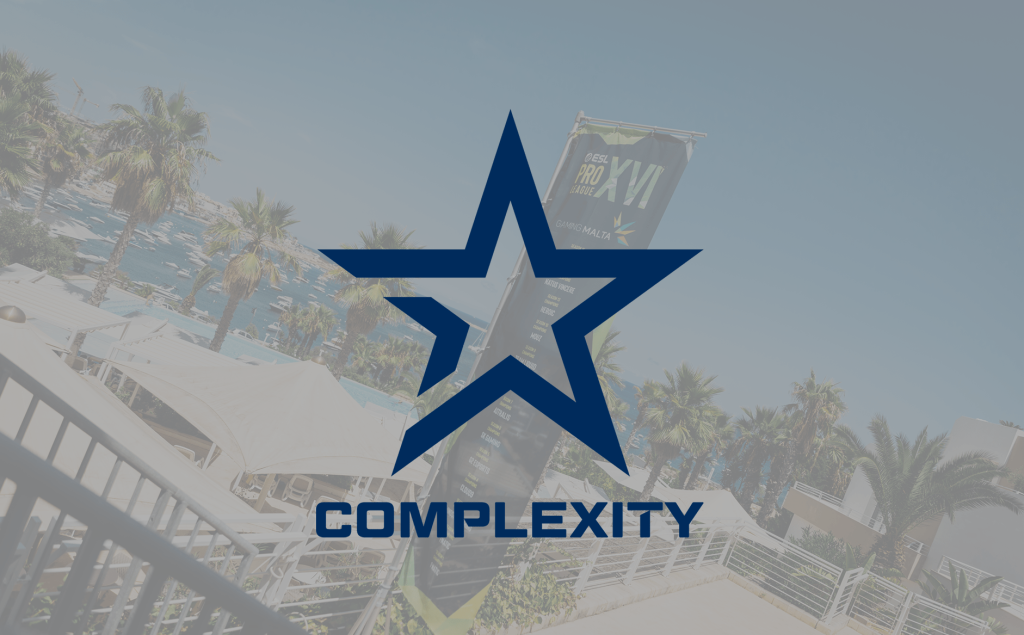
Known for being one of the oldest esports organisations in the world, Complexity Gaming was founded in 2003 and first fielded a CS team in 2004. In its 18 years of competing in Counter Strike, the organisation has won numerous trophies, including the Electronic Sports World Cup in 2005 and the CPL Summer 2006. Interestingly, one of the organisation’s biggest achievements came in 2020, when its roster won the BLAST Premier: Spring 2020 European Finals.
Complexity has competed in the ESL Pro League numerous times since Season 3 — both in North America and Europe — but has never won the tournament. Complexity was closely tied to the Dallas Cowboys, having been owned by the NFL team from 2017 to 2021. However, the organisation is now under the ownership of GameSquare Esports.
ENCE
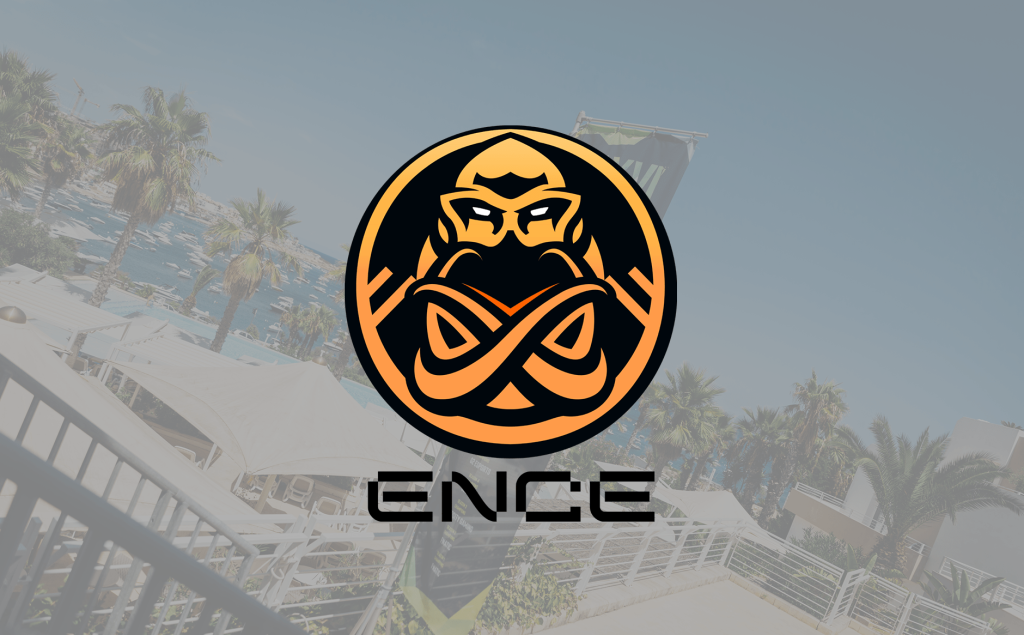
Leading the charge for Finnish esports, ENCE’s largest success came in 2019, with a surprising run to the finals of the IEM Katowice Major 2019, where the organisation eventually lost to Astralis.
ENCE finished second in the 15th season of the ESL Pro League, the biggest success for the organisation in this particular tournament. ENCE is also well-known for its Starcraft 2 player Serral, one of the most successful in the game’s history, and a successful PUBG team. Outside of competitive notoriety, the organisation is known for its work in Finland, partnering with local initiatives to bring esports closer to mainstream audiences.
Evil Geniuses

Similarly to Complexity Gaming, Evil Geniuses is an organisation that’s been around for a while. Founded in 1999, the organisation first entered CS more than 20 years ago but shut down the division in 2012. EG, as it’s often called, returned to competitive CS:GO in 2019.
The organisation finished second in the ESL Pro League Season 11: North America, but has failed to record an impressive run in the tournament in recent years.
Being one of the oldest esports companies, EG participates in the LCS, has a Dota 2 team, as well as a steady presence in VALORANT and Rocket League. The company also has its own dedicated content studio.
FaZe Clan
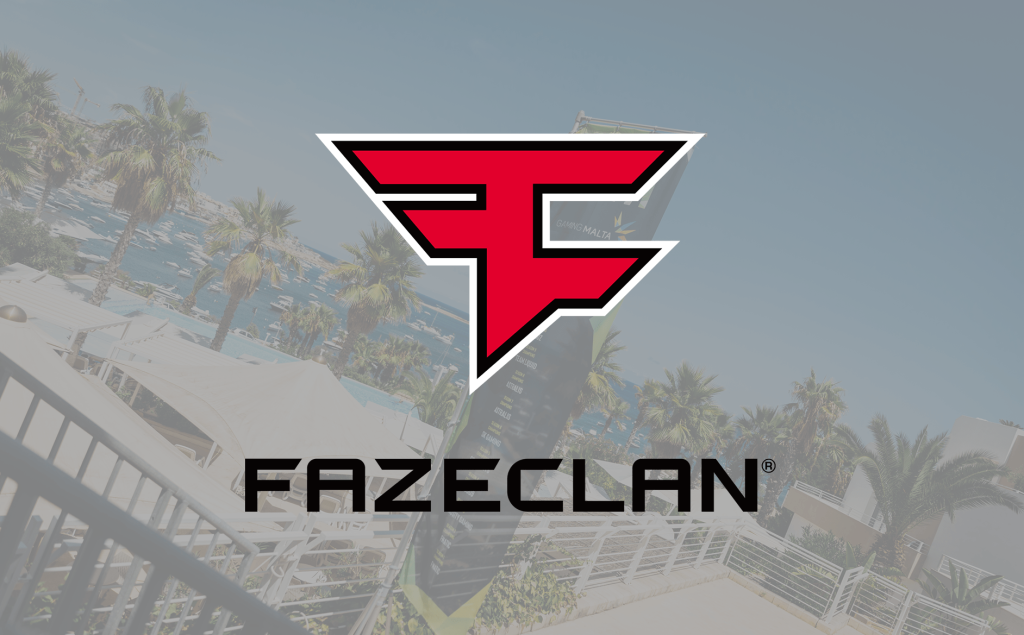
FaZe Clan is one of the most-known esports and gaming companies in the world, and arguably one of the most successful. FaZe is the first international roster to win a Major tournament, winning the PGL Antwerp Major in May 2022. The organisation has seen varying degrees of competitive success throughout CS:GO, with 2022 being one of its most successful periods in its history.
FaZe Clan won the ESL Pro League Season 15, beating ENCE in the finals, and has also won the PGL Major 2022, IEM; XVII and IEM XVI Katowice. FaZe Clan also finished the BLAST Premier Spring Groups 2023 in the top three, but only managed a top-eight finish at IEM Katowice 2023.
FaZe Clan is perhaps most known for a range of high-profile partnerships that often connect FaZe with brands that are not close to esports. FaZe is active in the metaverse, has its own hardware line, secured a partnership with Disney and is one of the rare esports companies that are publicly traded.
Fnatic
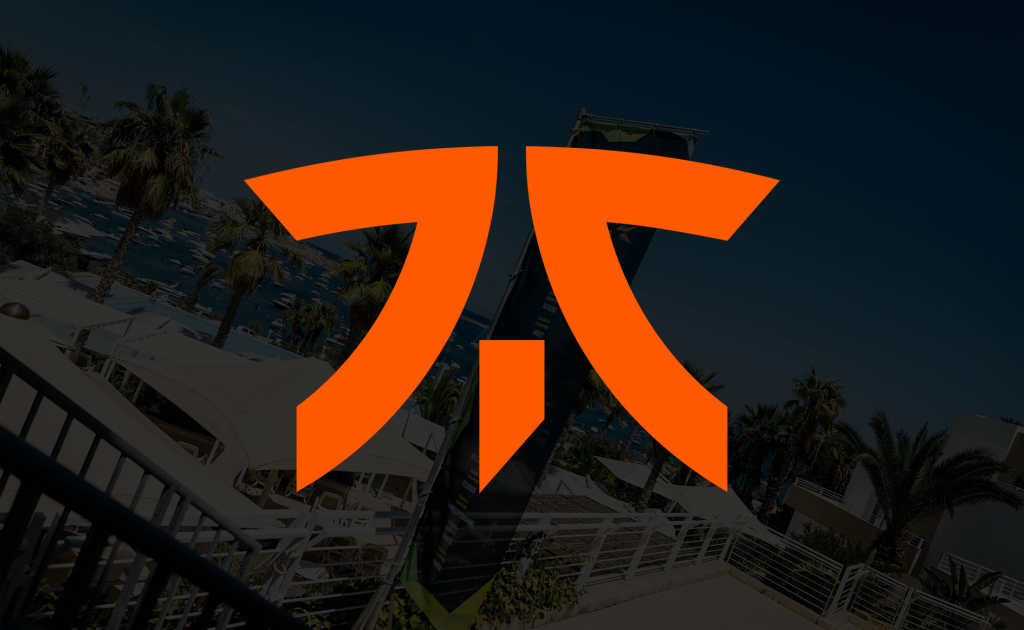
A well-known esports organisation across most of the industry’s history, Fnatic is a household name for esports fans. Fnatic has been steadily successful in CS:GO, with its best-performing period taking place between 2013 and 2015 when the organisation won three CS:GO Majors.
Fnatic is the first winner of the ESL Pro League, winning the inaugural event in 2015 as well as its second season. The organisation also won Pro League Season 11: Europe in 2020.
Fnatic is also one of the first esports teams to have started a hardware division by acquiring hardware brand Func almost a decade ago. Alongside CS:GO, the company is also very active in League of Legends and VALORANT. In fact, Fnatic is the only European team to win the League of Legends World Championship, which was also the game’s inaugural Worlds competition.
FURIA

One of the youngest organisations to secure a slot in the ESL Pro League, FURIA is a Brazilian company founded in 2017. Typically a fan-favourite across multiple titles, FURIA is known for its distinctive Brazilian style of CS:GO. FURIA is currently located in North America, and has won ESL Pro League Season 12: North America, as well as a number of B and A-tier tournaments. However, the organisation is still waiting for a major event trophy.
FURIA is also a partner team for another FPS league, the VALORANT Champions Tour, alongside multiple other names mentioned on this list. The esports organisation recently unveiled a new visual identity, and is opening its first physical location in the United States, not in its home country of Brazil.
The FURIA CS:GO team saw success at the IEM Rio Major, with a run that ended in the semi-finals, a best-ever finish for the organisation.
G2 Esports
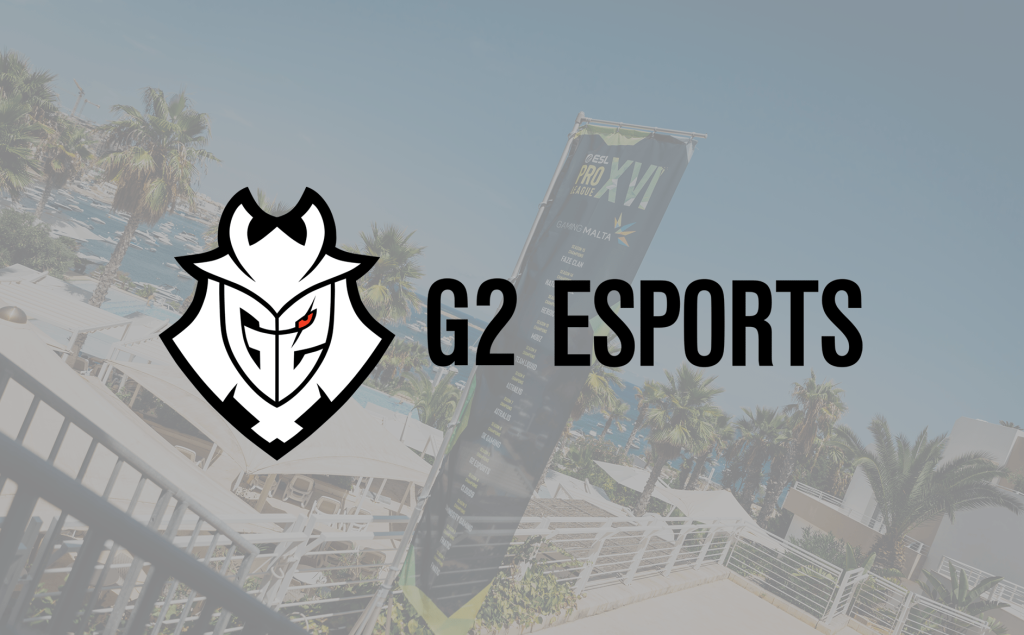
Founded in 2013, G2 Esports is a peculiar team when it comes to CS:GO. The company first fielded a Polish roster in 2015, replacing it with a mixed international team which was sold to FaZe Clan in 2016. G2’s stars in recent years were cousins Nikola and Nemanja Kovač, as well as one of the biggest new talents in the game, m0NESY.
G2 has always been at the top of competitive CS:GO, and won the Pro League Season 5 back in 2017. The team also finished second at the Stockholm Major and most recently won the IEM Katowice 2023 and qualified for the BLAST Premier Spring Final as first.
G2 is perhaps more known as one of the most successful League of Legends organisations in Europe, as well as its long-standing rivalry with Fnatic. Throughout the years, G2 had rosters in almost all popular esports titles, and currently has teams in Apex Legends, Rainbow Six, Rocket League, Fortnite, Simulation Racing, Halo: Infinite and others.
Heroic
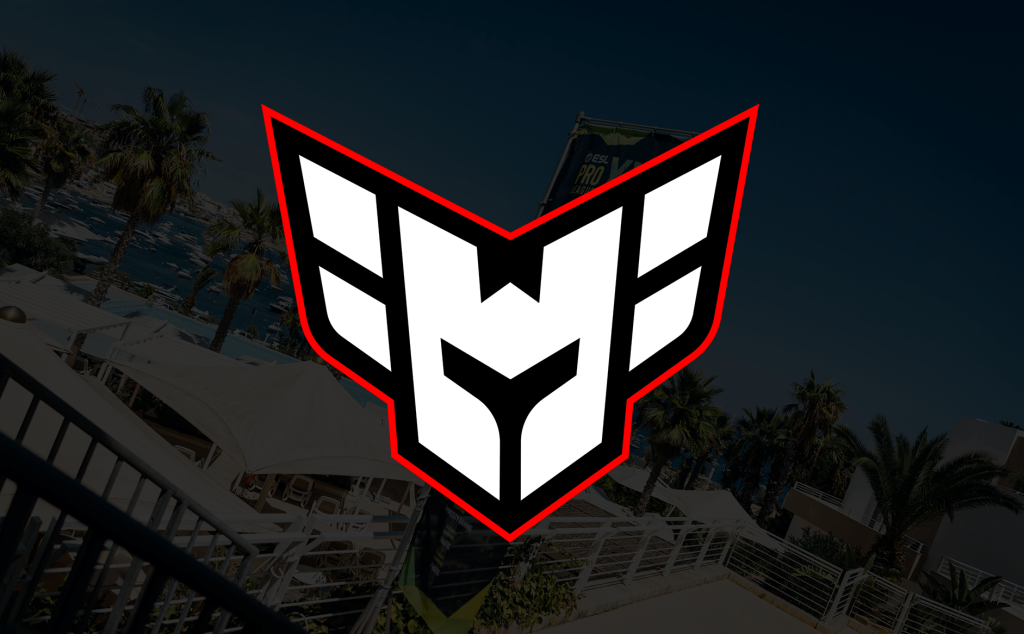
Founded in 2016 in Denmark, Heroic is the contender to the Scandinavian CS:GO throne, long held by the likes of Astralis and Ninjas in Pyjamas. The Norwegian organisation — with a home in Denmark — is not without success, winning multiple trophies including the Pinnacle Cup and the ESL One Cologne 2020.
Heroic, similarly to FURIA, is typically considered a ‘dark horse’ in CS:GO tournaments, fielding a very talented roster, but having trouble with consistency. Heroic, however, is the winner of ESL Pro League Season 13.
Heroic also placed second at the last CS:GO Major tournament, the IEM Rio Major 2022, losing to Outsiders in the grand final. Heroic also finished second at IEM Katowice 2023, losing to G2 in the finals.
MOUZ (mousesports)

Formerly known as mousesports, MOUZ is a German team and another former winner of the ESL Pro League. The organisation is most known for its CS:GO rosters, but also fields teams in other games as well, such as VALORANT, League of Legends and interestingly, Warcraft 3.
MOUZ came into the public eye in 2018 when it won the ESL One: New York and the StarLadder StarSeries Season 4. Interestingly, MOUZ was one of the first ESL IEM champions, winning the second IEM edition way back in 2008.

NAVI is, without a doubt, one of the most successful organisations in CS:GO’s history. NAVI was the dominant force in competitive CS:GO throughout 2021, and has won both the ESL Pro League, two back-to-back Majors, the BLAST Premier World Final and the IEM Cologne in a single year, making them one of the greatest of all time. NAVI has participated in every CS:GO Major to date.
NAVI’s dominance in CS:GO has diminished in 2022. Natus Vincere is based in Ukraine, and is still competing actively despite the ongoing situation in the country. The organisation has fielded notable Dota 2 and PUBG rosters, and also competed in some more niche titles that were popular in Eastern Europe, such as World of Tanks.
Ninjas in Pyjamas

A sleeping giant of esports in general, NiP is a well-known name within the esports industry as a whole, due mostly to the organisation’s immensely successful CS:GO teams in the past. NiP was founded in 2000, and fielded one of the most dominant rosters in history, winning 87 straight maps on LAN from 2012 to 2013. Ninjas in Pyjamas are also one of the rare teams to participate in all 15 editions of the ESL Pro League, but have never won the event.
Ninjas in Pyjamas also owns a consulting company called Shinobi Esports, aimed at providing sports brands with advice on entering esports. The company started operations in Asia in 2022, joining the LPL by way of merger with Chinese esports organisation ESV5.
Team Liquid

Team Liquid is a Netherlands and United States-based organisation, often called one of the most successful in all of esports. Liquid started out as a StarCraft clan, before evolving into a multi-sport organisation with dozens of employees across a range of titles. Team Liquid’s CS:GO team is perhaps most known for being the second-best team in the world during the period of Astralis’ dominance in 2018. Liquid lost five grand finals to Astralis in 2018, but then endured a dominating year of their own. In 2019, the team won the Intel Grand Slam Season 2, BLAST Pro Series: Los Angeles, as well as IEM Chicago and Sydney.
Team Liquid won the ESL Pro League Season 9 and was the runner-up in 2022’s ESL Pro League Season 16, losing to Team Vitality in the finals. Team Liquid finished third/fourth at the IEM Katowice 2023.
Team Liquid has two performance centres, one in Europe and other in North America, reflecting the identity of the company. Liquid is also a long-standing partner of Dell, and one of the most prominent promoters of its Alienware brand.
Team Vitality

France-based esports organisation Team Vitality is the reigning champion of the ESL Pro League. The esports organisation entered CS:GO in 2018, and has achieved various successes despite yet winning a Major. Interestingly, Team Vitality has faced NAVI in four grand finals in two years, winning only once at the IEM XV – Beijing online in 2020.
Team Vitality has finished top three at the BLAST Premier Spring Groups 2023 and achieved a top five finish at IEM Katowice 2023.
Outside of CS:GO the organisation also boasts notable rosters across FIFA, League of Legends, Fortnite, VALORANT, Rocket League and other games.
